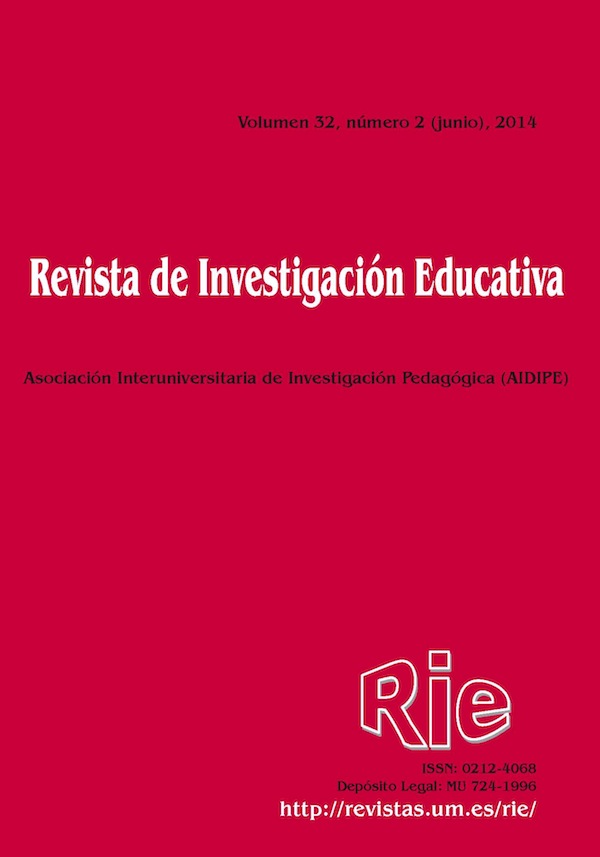Factores asociados a la brecha regional del rendimiento español en la evaluación PISA
Resumen
Estudiamos las diferencias de rendimiento entre las comunidades españolas que ampliaron muestra en la evaluación PISA 2012, identificando dos bloques de comunidades con altas y bajas puntuaciones en el conjunto de competencias evaluadas. Ambos bloques se corresponden geográficamente con territorios del norte y sur del país. Partiendo de un conjunto de indicadores regionales de tipo socioeconómico y educativo que correlacionan con el rendimiento, caracterizamos las comunidades de cada bloque a partir de las diferencias de medias en cada indicador y valoramos su significación a través de métodos bootstrap. Los resultados muestran que, en relación a la brecha regional de rendimiento, los factores exógenos de carácter socioeconómico y cultural juegan un papel más relevante que los recursos destinados a la educación o las características del sistema educativo autonómico consideradas en nuestro análisis.
Descargas
-
Resumen1135
-
PDF638
Las obras que se publican en esta revista están sujetas a los siguientes términos:
1. El Servicio de Publicaciones de la Universidad de Murcia (la editorial) conserva los derechos patrimoniales (copyright) de las obras publicadas, y favorece y permite la reutilización de las mismas bajo la licencia de uso indicada en el punto 2.
2. Las obras se publican en la edición electrónica de la revista bajo una licencia Creative Commons Reconocimiento-NoComercial-SinObraDerivada 3.0 España (texto legal). Se pueden copiar, usar, difundir, transmitir y exponer públicamente, siempre que: i) se cite la autoría y la fuente original de su publicación (revista, editorial y URL de la obra); ii) no se usen para fines comerciales; iii) se mencione la existencia y especificaciones de esta licencia de uso.
3. Condiciones de auto-archivo. Se permite a los/as autores/as a difundir electrónicamente las versiones pre-print (versión antes de ser evaluada) y/o post-print (versión evaluada y aceptada para su publicación) de sus obras antes de su publicación, ya que favorece su circulación y difusión más temprana y con ello un posible aumento en su citación y alcance entre la comunidad académica.










